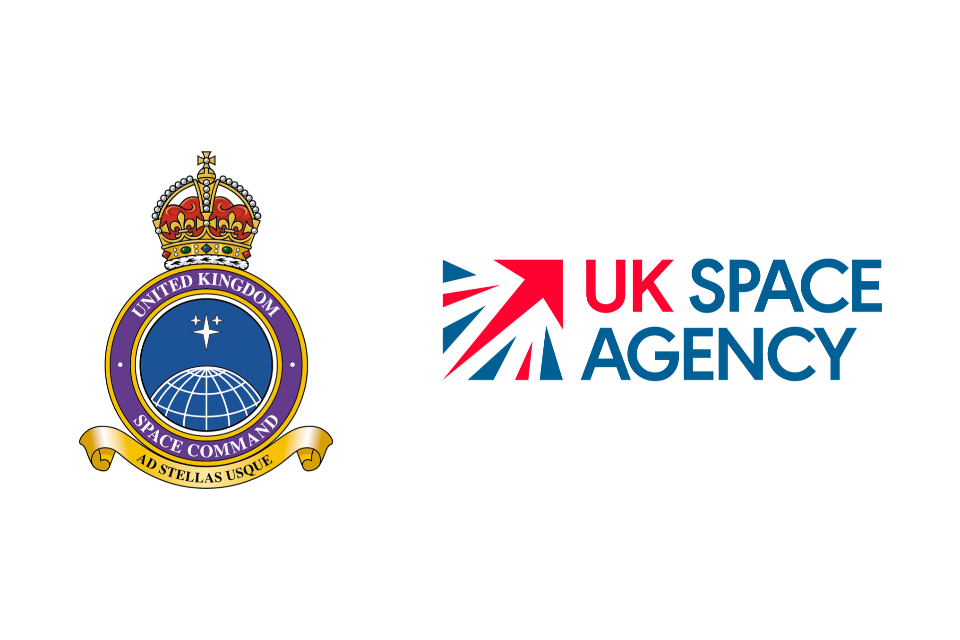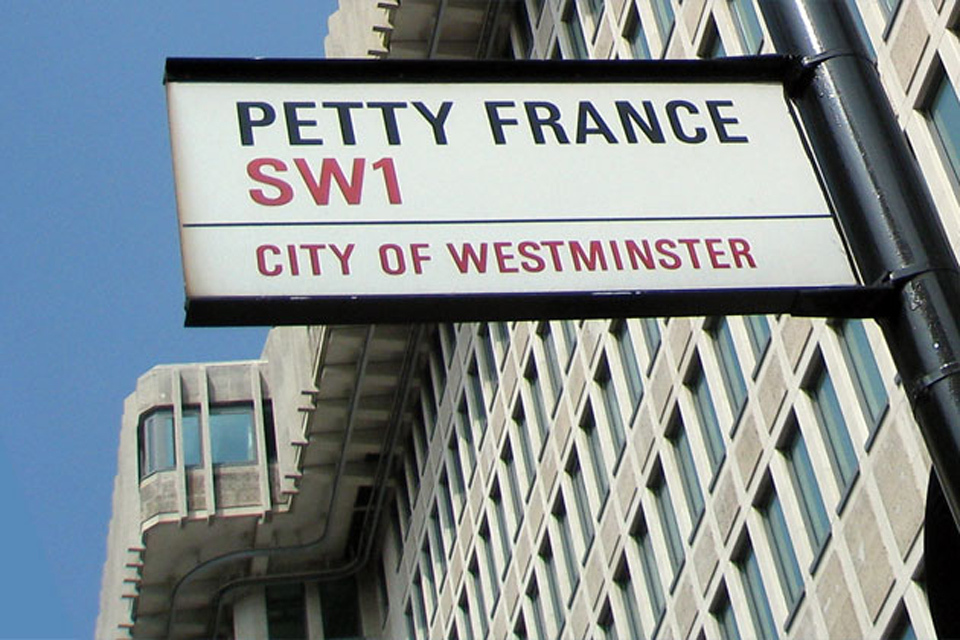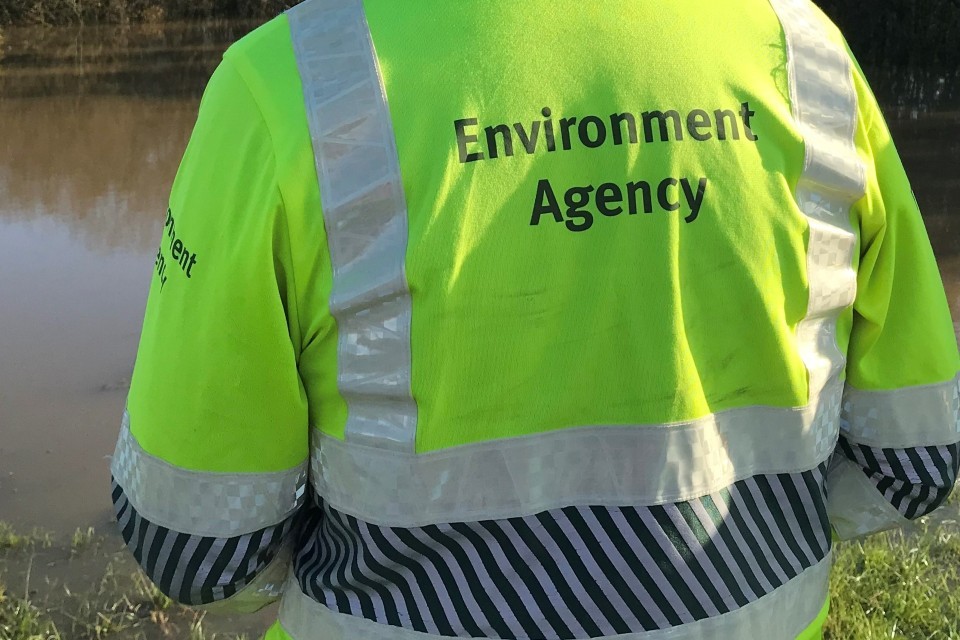May saw more stable levels of space activity with both uncontrolled re-entry and collision alerts at levels below the 12-month rolling average.
All NSpOC warning and protection services functioned as expected throughout the period.
Re-entry Analysis
May saw a 30% decrease in the number of objects re-entering Earth’s atmosphere, tracked by NSpOC, when compared with the previous month.
Of the 64 objects that re-entered, 55 were satellites and 9 were rocket bodies.
June 48, July 44, August 89, September 50, October 35, November 47, December 83, January 115, February 129, March 85, April 92, May 64
In-Space Collision Avoidance
Collision risks to UK-licensed satellites were lower in May with a 41% decline when compared with April, caused by fewer interactions between UK licenced objects and other spacecraft or debris over the previous 30 days.

June 1,881, July 1,795, August 2,137, September 3,041, October 3,181, November 2,722, December 2,142, January 2,694, February 2,567, March 2,588, April 2,620, May 1,546
Number of Objects in Space
The in-orbit population increased in May, with a net addition of 198 objects to the US Satellite Catalogue.

June 28,868, July 28,853, August 29,626, September 29,605, October 29,642, November 29,781, December 29,843, January 29,961, February 29,989, March 30,090, April 30,208, May 30,393
The number of Resident Space Objects (RSOs) reported may be subject to small adjustments over time as the way objects are tracked is refined. Figures in this report reflect the most current available data and may differ slightly from those published in previous months.
Fragmentation Analysis
There have been no new fragmentation (break-up) incidents this month.
Space weather
Space weather impact modelling suggests a possible moderate to high estimated effect on satellite communications, aviation and marine transport systems during this reporting period.
The National Space Operations Centre combines and coordinates UK civil and military space domain awareness capabilities to enable operations, promote prosperity and protect UK interests in space and on Earth from space-related threats, risks and hazards.









